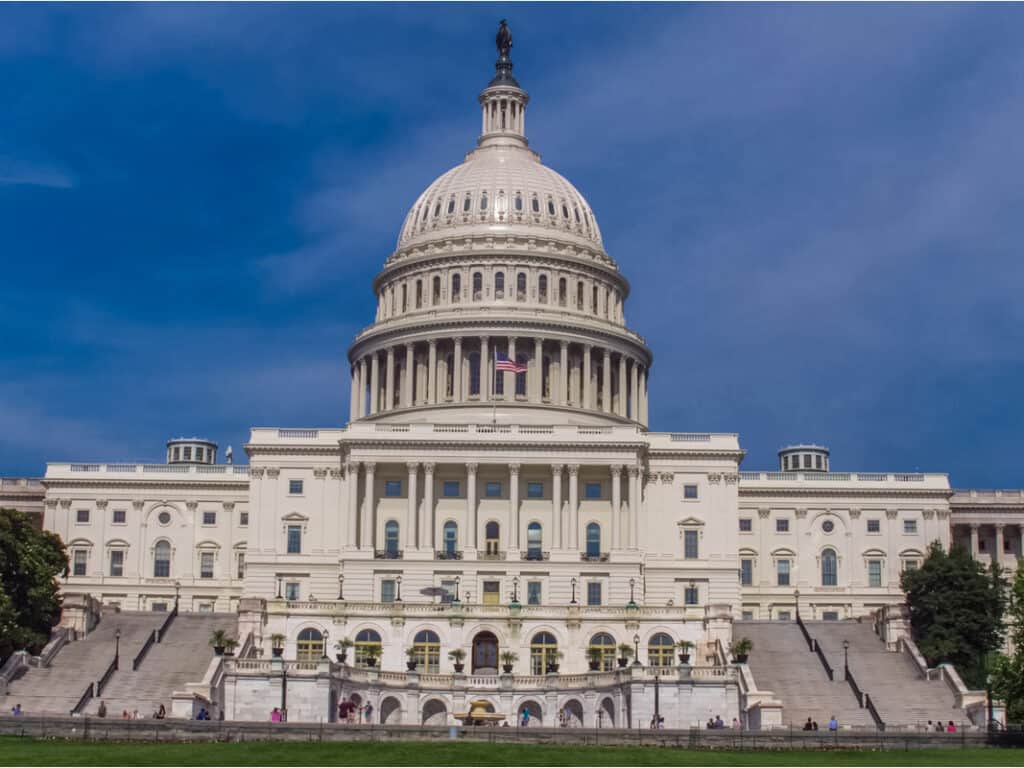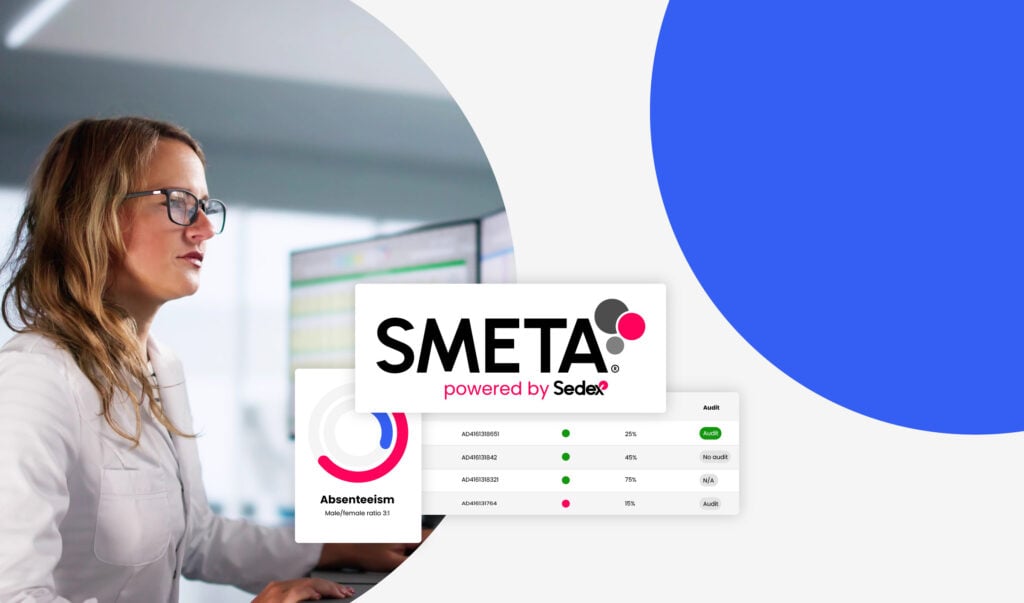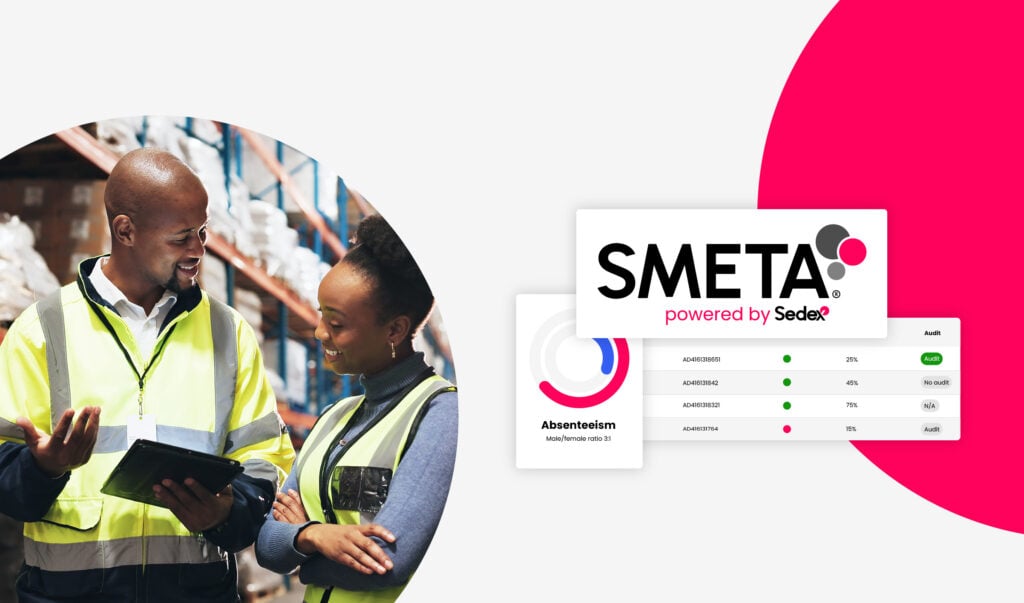Why you need a holistic approach to sustainable supply chain management
With increasing consumer demand, more and more companies are investing in sustainable supply chain management. Taking a holistic approach to sustainable solutions helps businesses achieve cross-departmental benefits and maximize their positive impact.
What is sustainable supply chain management?
Sustainable supply chain management is when organisations have a strategy and process in place for identifying the negative environmental and social impacts of their supply chain, and a plan to lessen these impacts. This involves gathering data about your supply chain, assessing your suppliers’ operations and working conditions, creating plans to improve sustainability, and reporting on the data gathered and actions taken.
The importance of both environmental and social sustainability
When building a sustainable supply chain management plan, many businesses focus on the environmental side of sustainability, with less attention given to social sustainability and impacts on workers. Investor and consumer understanding on what a sustainable business looks like is increasing – to meet their demands, a company needs to demonstrate consideration for social and environmental issues.
For example, a fashion brand that pledges to transition to 100% recyclable clothing without addressing reports of poor labour conditions in their factories could come across as disingenuous to consumers.
There are also emerging supply chain legislation and due diligence laws in many countries that are focused on social issues within the supply chain. For example, the UK established the Modern Slavery Act in 2015, requiring UK businesses to identify, prevent, and mitigate modern slavery within their own operations and supply chains.
California established the California Transparency in Supply Chains Act in 2010, which requires large retail sellers and manufacturers who do business in California to annually disclose their efforts to eradicate human trafficking and modern slavery from their supply chains.
Germany, Norway, the EU, and Australia are some of many other countries with laws focused on preventing forced labour and poor working conditions in supply chains.
Another reason it is important to focus on both environmental and social practices is because they are closely intertwined.
Environmental risks and impacts are entangled with workers’ rights and the wellbeing of local communities. For example, deforestation negatively impacts Indigenous populations and their livelihoods, making them more vulnerable to exploitation.
Transitioning to environmentally sustainable practices
It’s important to keep socially sustainable practices in mind when transitioning to more environmentally sustainable solutions. Implementing green supply chain initiatives should not be at the expense of workers’ rights or their ability to earn a living.
For example, electric vehicles are an environmentally sustainable solution, but rising demand for these could contribute to an increase in workers operating in hazardous conditions or within conflict regions to mine the minerals needed for batteries. To be truly sustainable, businesses need to consider the social impacts of any decision they make to become more environmentally sustainable.
Another example is when a country or local authority pledges to shut down coal mines as part of transitioning to more environmentally sustainable energy sources, without considering the loss of employment to workers.
Sedex supports a fair and just transition to a climate-neutral economy. We recognize that workers, businesses, and communities are all impacted by the sustainable solutions we transition to in response to climate change. These sustainable solutions should not come at the expense of workers and communities, and workers should be involved in any plans for businesses to transition to more sustainable initiatives. Businesses should consult workers and local communities when devising environmentally sustainable solutions.
A holistic approach to sustainable supply chain management
We encourage organisations to take a holistic approach to sustainable supply chain management. This means that businesses should review their operations and sourcing practices to ensure they are considering both the social and environmental impacts of their supply chain, and of the sustainable solutions they are transitioning to.
For example, companies should evaluate labor rights commitments and performance when selecting new suppliers for a green initiative they are taking on.
Another example of taking a holistic approach is when a company is shifting to a more environmentally sustainable solution, they could re-train workers whose jobs may be at risk. Trainings could include the development of new skills that would be required as the company transitions to the more sustainable solutions.
For more sustainable solutions in supply chains to succeed, businesses must support their suppliers in developing and creating solutions that are both environmentally and socially sustainable. For any transition to a more environmentally sustainable solution, consider the potential impacts on workers and communities, and ensure they are a part of your transition plan.
How Sedex can help your business with sustainable supply chain management
Many businesses look to Sedex’s tools and services for sustainable supply chain management. With the tools on our platform, you will gain in-depth knowledge and visibility into your supply chain that you can use to consider both social and environmental issues when planning sustainable initiatives. Here are some more ways we can help you achieve your holistic sustainable supply chain goals:
- Access, store, share, analyse and report on supply chain information for your business and supply chain.
- Our Self-Assessment Questionnaire (SAQ) enables you to gather data from your suppliers focused on labour standards, health and safety, environment, and business ethics.
- With leading social audit, SMETA, businesses can assess their supplier sites based on their organsation’s standards for sustainability.
- Use Sedex’s risk assessment tool to analyse and prioritise both social and environmental risks throughout your supply chain.
- Our expert Consulting team can work with you to design a holistic supply chain management plan that encompasses socially and environmentally sustainable sourcing practices.
- Fair and just transition: https://www.ethicaltrade.org/blog/cop26-workers-are-critical-to-fair-and-just-transition



